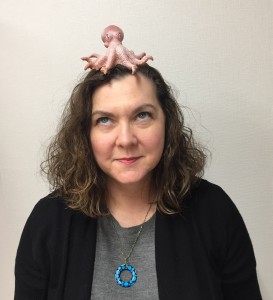Last month, thousands of Japanese high school seniors (and other students who are on their second or third try) took the Center Test. This test is probably comparable to the American SAT and is a requirement for college admission. Also around this time every year, there is always some debate about the state of English education in Japan. The same arguments get trotted out about how there is too much focus on grammar translation and obscure grammar points and not enough on communicative English.
For years, I believed all this. I accepted the argument that English was taught in schools using outdated methods because they had to prepare students for the Center Test and university exams like it. Now I know that this is definitely not true.
Due to my narration work and my son’s experience of going through the university examination process, I now know that the Center Test focuses mostly on reading comprehension. The passages are long and occasionally difficult. For students to do well on these tests, they must have knowledge of the world and use critical thinking skills. One of the passages in this year’s Center Test was from the point of view of an alien visiting Earth and marveling at this creature that had eight legs and lived in the water. Of course, the alien is talking about an octopus, but this is never directly stated. I find that too often, students in Japan are so used to information being presented literally, and as a result, they are unsure in a situation where the answer is to be inferred and they have to guess.
Another issue is there are too many high school and junior high school teachers who continue to teach in an old-fashioned way and are therefore preparing students for university entrance examinations that haven’t existed for decades. I had a great opportunity to meet a lot of high school teachers in the summer who were attending teacher training sessions because they were interested in updating their methods, but it seems they are more the exception than the norm. The gap between what is taught in many English high school classrooms and what is actually tested on university entrance examinations seems to grow with every passing year.
At BIG BOW, even from a young age, we often do guessing activities where students have to take information and come up with the answer on their own. As students get older, we have many projects that involve learning new information, researching more about the topic in groups, and forming conclusions. Also, students enjoy developing their reading skills and overall knowledge by borrowing and reading many books of their own choosing from our school library. As an educator, I feel I must provide for my students what is lacking in the regular English junior high school and high school classrooms in Japan to prepare them for the future.






